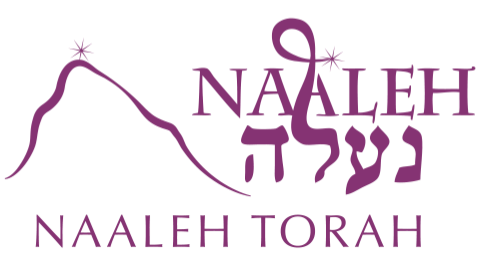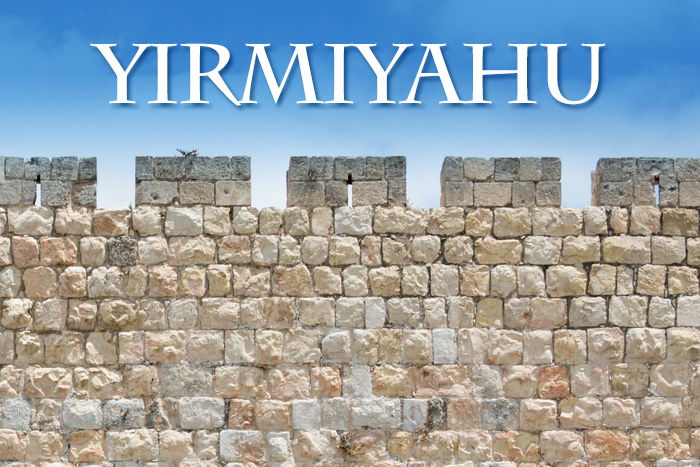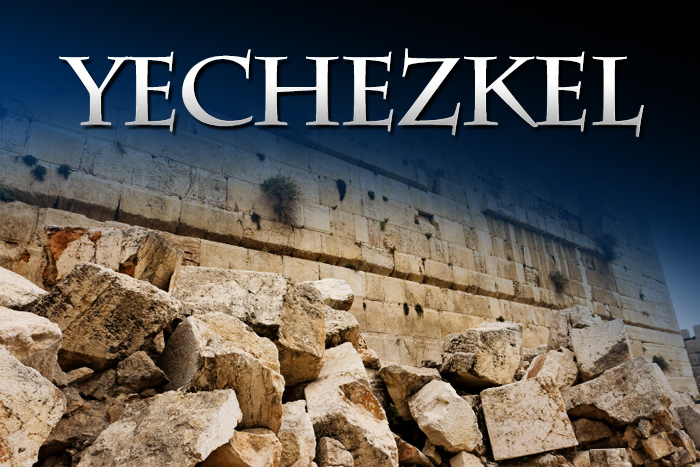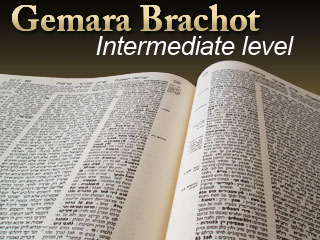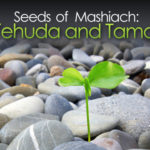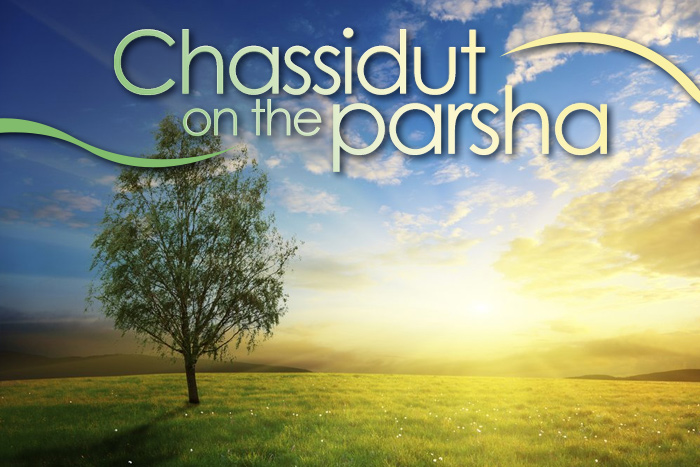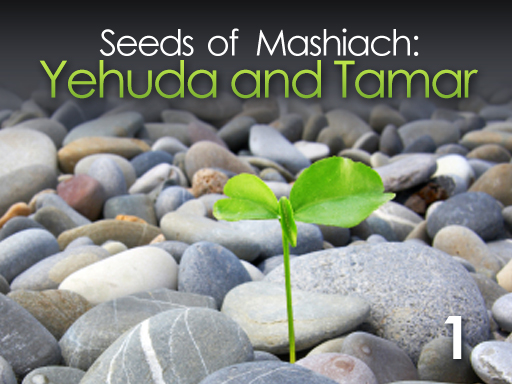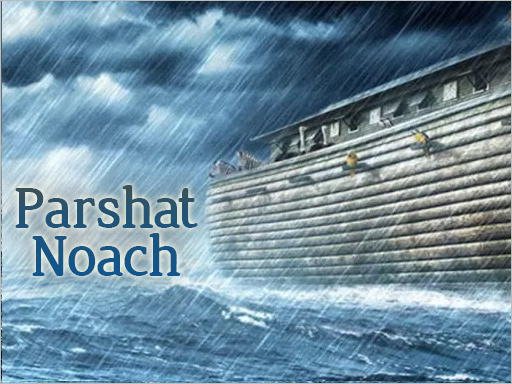Perek 33: Creation for Our Benefit
Posted onIn this Torah shiur (class) on Sefer Yirmiyahu, Rabbi Avishai David teaches perek 33. This perek contains within it elements of both destruction and rebuilding, and emphasizes the everlasting covenant that Hashem keeps with the Davidic dynasty and with the Kohanim and Leviim, which will ultimately herald the era of Mashiach. The many words used to describe Creation in this perek convey the message that the world was created for our sake, yet everything depends on our observance of Torah and Mitzvot.
